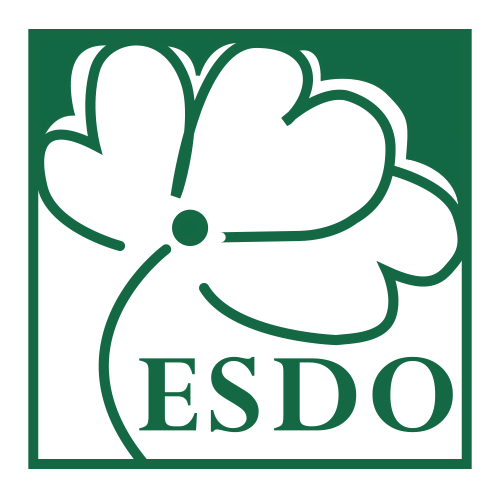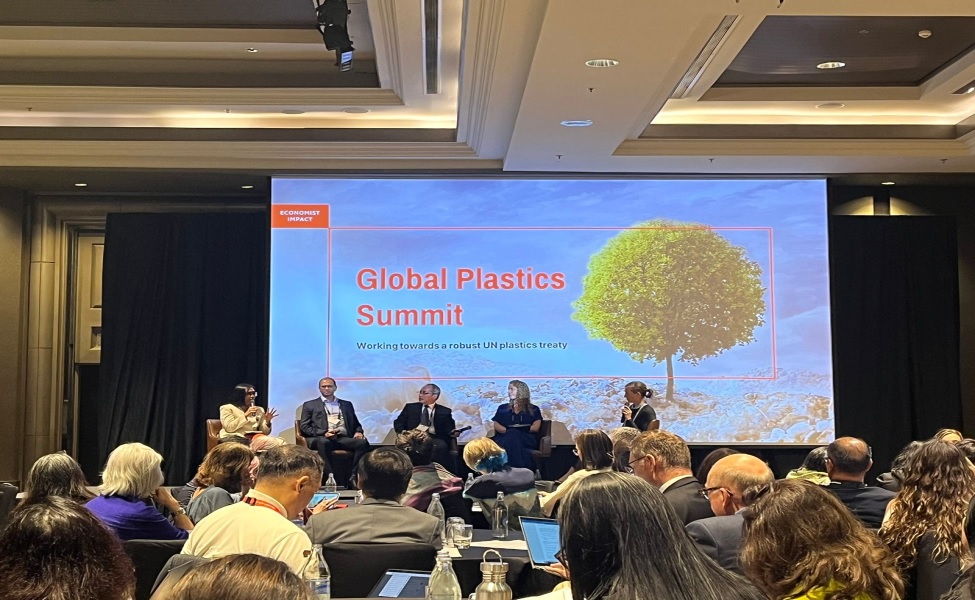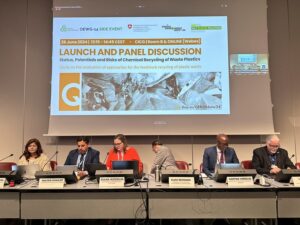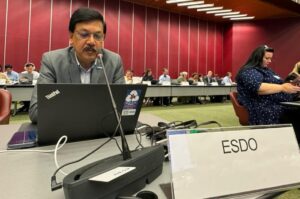Global Plastics Summit is a platform where senior leaders collaborate to support and influence INC decision-making. The concerns at the center of the global plastic treaty were discussed in lively plenary sessions and cooperative working groups, which came up with innovative solutions for an ambitious convention that covers the whole life cycle of plastics. This conference attempted to assess progress, consider solutions, and elevate different perspectives in order to advance the most progressive and practical UN plastics treaty possible.
The panel discussion points of this summit included; State of play: The ‘zero draft’ and evaluating the global plastic treaty negotiations at the halfway mark, Achieving a lifecycle approach to plastic pollution: modeling different treaty scenarios, Differing ambition: high and low for a robust treaty, Strengthening the role of science and evidence in the treaty, A social lens: A just and inclusive transition in the plastics treaty, What is mission critical for INC-3 in Nairobi, Kenya?, Dialogue: Implementation: Translating a robust, legally-binding treaty into viable national action plans, and Dialogue: Enabling conditions: Harmonizing regulatory standards, monitoring and reporting across markets. There was an arrangement of SCREENING The Economist film: Small Island Developing States and Plastics.
Apart from the panel discussions, there were different working groups who worked on various issues that included Addressing the human health impacts of plastics, microplastics, and chemicals, A circular economy for plastics: Frameworks for redesign, reuse, and alternatives, Localizing a global mandate: the role of regional bodies and stakeholders, and Financing an effective treaty: Support for developing countries and long-term sustainable financing.
ESDO’s Secretary General Dr. Shahriar Hossain actively participated in this Global Plastic Summit and represented ESDO and Bangladesh at this summit.



